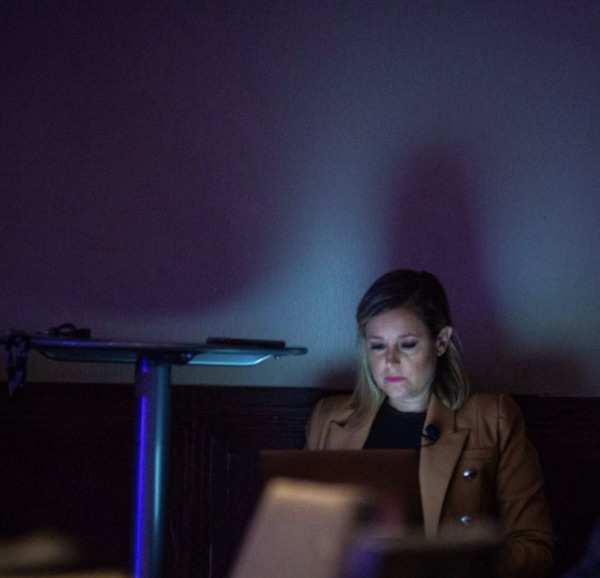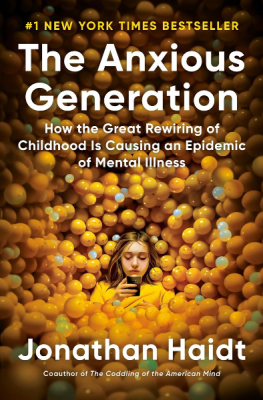Social Media Is Bad for Your Health

a dark @ambermac
"Too much social media is bad for your health," wrote Amber MacArthur recently in her newsletter. "This is true for adults and especially true for kids. Almost a decade ago I wrote a book exclusively on this topic, endlessly worried about how tech companies saw young users (including my son) as a goldmine for data and dollars. My 2016 book (don't buy it, it's out of date) focused on how tweens and teens were spending time on social media apps - and how parents could help them stay safe."
I used her book in 2016 for a graduate course I was teaching in social media design. Not even a decade later and almost everything I used in that course is out of date. Amber notes that a recent survey of thousands of people in 142 countries and territories found that one in four people are lonely (Source: Statista). Perhaps, fewer face-to-face relationships are to blame?
on another blog One area I addressed is the impact on mental health: Research has highlighted the negative effects of excessive social media use on mental health, including increased feelings of loneliness, depression, anxiety, and low self-esteem. Factors such as social comparison, cyberbullying, and the pressure to present a curated and idealized version of one's life contribute to these negative outcomes. Additionally, the addictive nature of social media platforms, characterized by endless scrolling and notifications, can exacerbate feelings of stress and overwhelm.
Are there any possible solutions or at least some ways to improve social media use - especially with younger people?

Many suggestions are controversial from age verification to smartphone bans. Take age verification, which seems reasonable but opens up privacy issues. In the book The Anxious Generation, Jonathan Haidt suggests that there should be no phones before high school, no social media before 16, and no phones in school. Sounds good but they are all very difficult to enforce, at home or in school. I was always told that kids shouldn't be watching screens until age 3. Good luck with that.
A social psychologist, Haidt lays out the facts about the epidemic of teen mental illness that hit many countries at the same time. He then investigates the nature of childhood, including why children need play and independent exploration to mature into competent, thriving adults. Haidt shows how the “play-based childhood” began to decline in the 1980s, and how it was finally wiped out by the arrival of the “phone-based childhood” in the early 2010s. He presents more than a dozen mechanisms by which this “great rewiring of childhood” has interfered with children’s social and neurological development, covering everything from sleep deprivation to attention fragmentation, addiction, loneliness, social contagion, social comparison, and perfectionism. He explains why social media damages girls more than boys and why boys have been withdrawing from the real world into the virtual world, with disastrous consequences for themselves, their families, and their societies.
In my next post, I'll try to figure out when social media went wrong.
Trackbacks
Trackback specific URI for this entryThe author does not allow comments to this entry
Comments
No comments